Keywords: First Among Equals
-
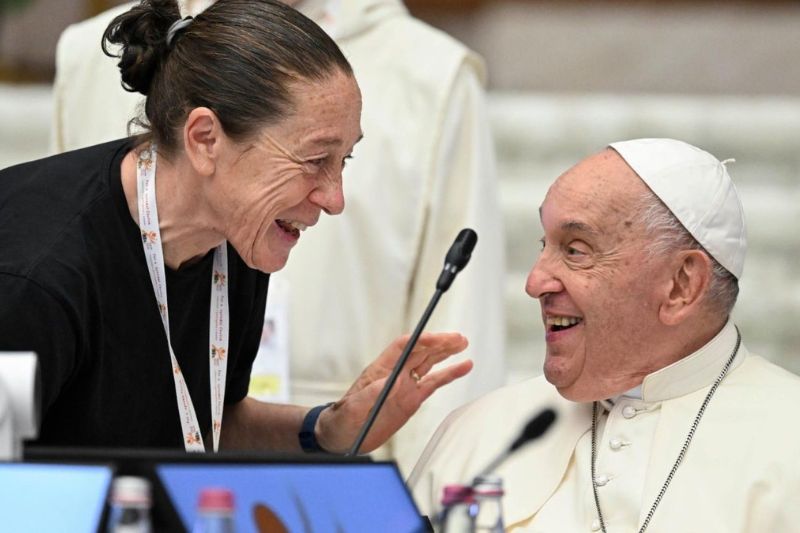
RELIGION
- Bruce Duncan
- 14 November 2024
The Synod is possibly the most important event in the Catholic Church since the Second Vatican Council. And despite its focus on internal Church reform and participation, can it effectively address broader social and moral issues in the world while still promoting a more inclusive and accountable Church?
READ MORE
-
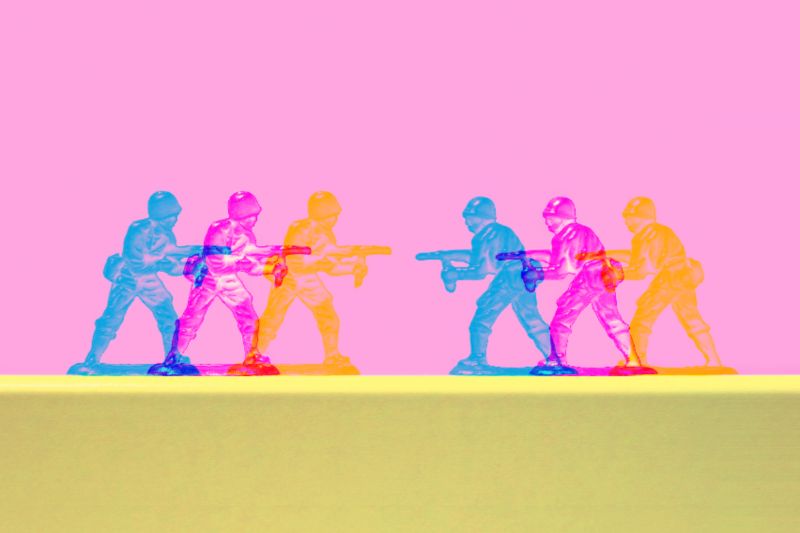
AUSTRALIA
- Andrew Hamilton
- 02 February 2023
6 Comments
Any discussion of the ethics of culture war should begin with the basic reality of human communication: to flourish, human beings rely on cooperation with other people. Speaking abusively about others weakens the necessary trust that lies at the foundation of a well-functioning society and inhibits the conversation about values necessary in a humane society.
READ MORE
-
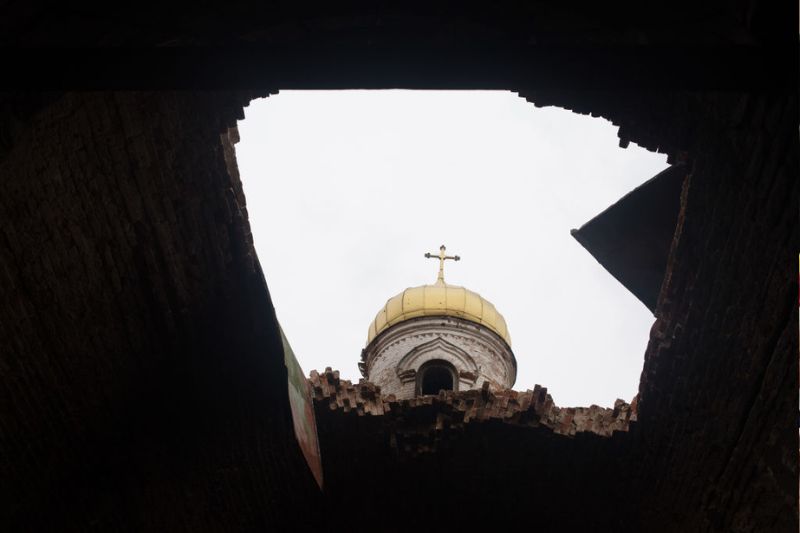
RELIGION
Pope Francis recognised that Moscow’s invasion of Ukraine was ‘perhaps somehow provoked’ and said he was warned before the war that Nato was ‘barking at the gates of Russia’. In an interview with the Jesuit magazine La Civiltà Cattolica the Pope condemned the ‘ferocity and cruelty of the Russian troops’ but warned against a fairy tale perception of the conflict as good versus evil.
READ MORE 
-
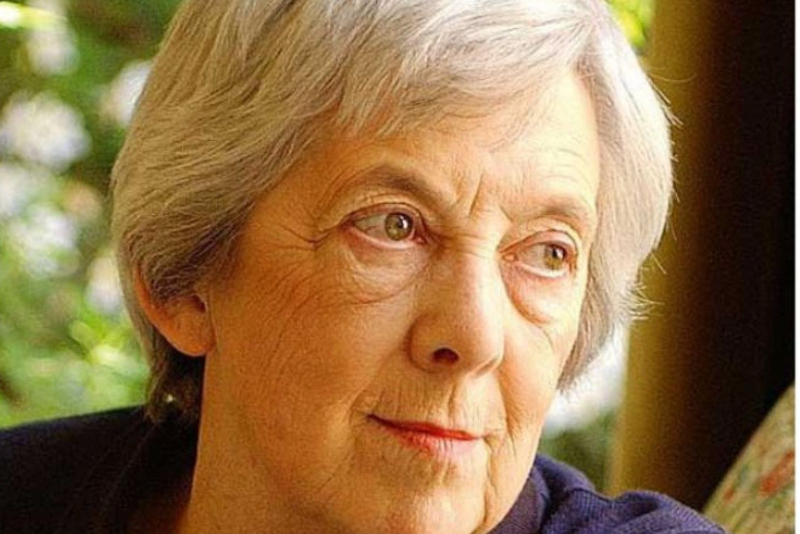
ARTS AND CULTURE
- Andrew Hamilton
- 28 April 2022
4 Comments
The quality of Niall’s writing is evident in An Accidental Career, though easily unnoticed. It lies in the clarity of her thought, her exact choice of words, the alternation of anecdote and reflection and the self-effacement that creates a direct link between the reader and the work itself. Her writing has the rare gift of simplicity. The precision of the title is characteristic of the book as a whole.
READ MORE 
-
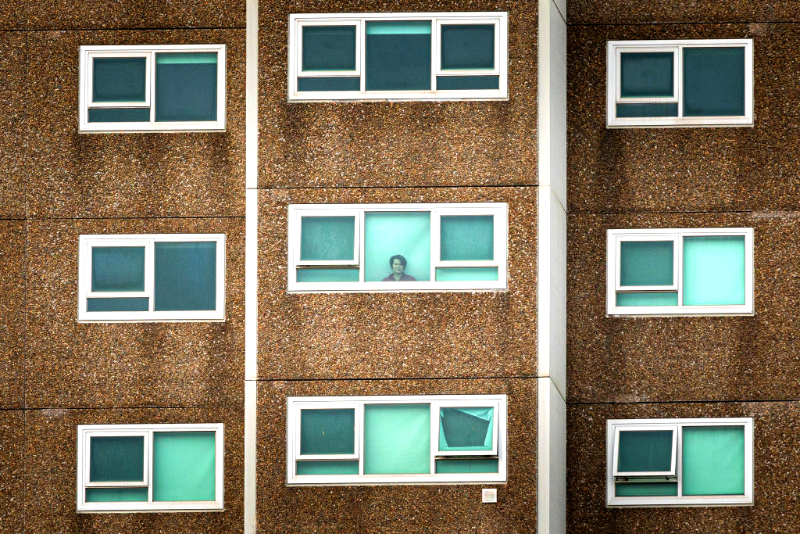
AUSTRALIA
- Brigid Meney
- 31 January 2022
18 Comments
When COVID-19 first arrived, it was described as the great equaliser. Infection could happen to anyone. Your race, creed, or the balance of your bank account didn’t matter to the virus that was spreading. But after a summer of dodging the virus and hunting for rapid tests, it is abundantly clear this isn’t a pandemic of equals. Now we have the data which quantifiably measures just how Australia's socio-economic fault lines were exposed and exacerbated by COVID-19.
READ MORE 
-

RELIGION
- Tracy McEwan, Patricia Gemmell
- 06 October 2021
15 Comments
Annabel Crabb’s ABC TV documentary series Ms Represented had us gasping, laughing and raging all at once. The series struck an achingly familiar chord as women from different political parties and generations voiced their common experience of sexism and misogyny in Australia’s parliament, elucidating just how hard it is for women to have a voice at the table in Australian institutions of power.
READ MORE 
-
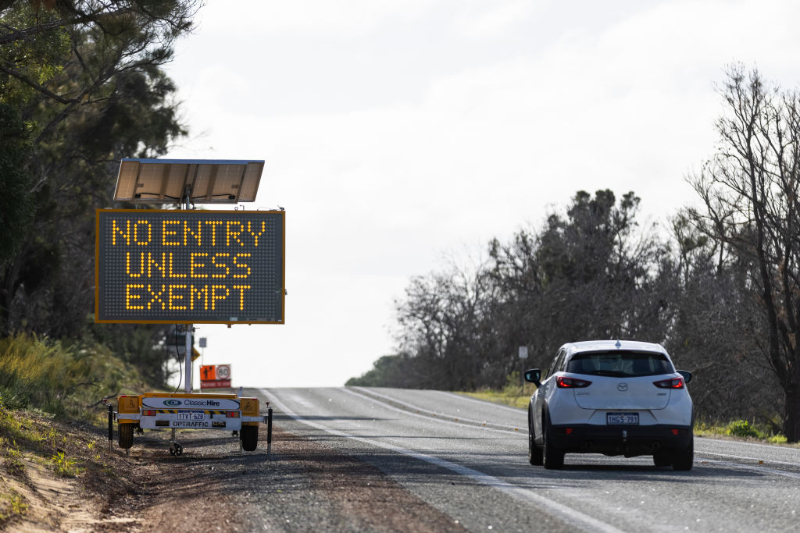
AUSTRALIA
- Frank Brennan
- 09 September 2021
5 Comments
Clive Palmer is one Australian wanting to smash border restrictions during this time of pandemic. He is threatening to go back to the High Court seeking recognition of his right as an Australian citizen to travel freely between the States. In particular he claims the right to enter Western Australia where he has significant mining interests.
READ MORE 
-
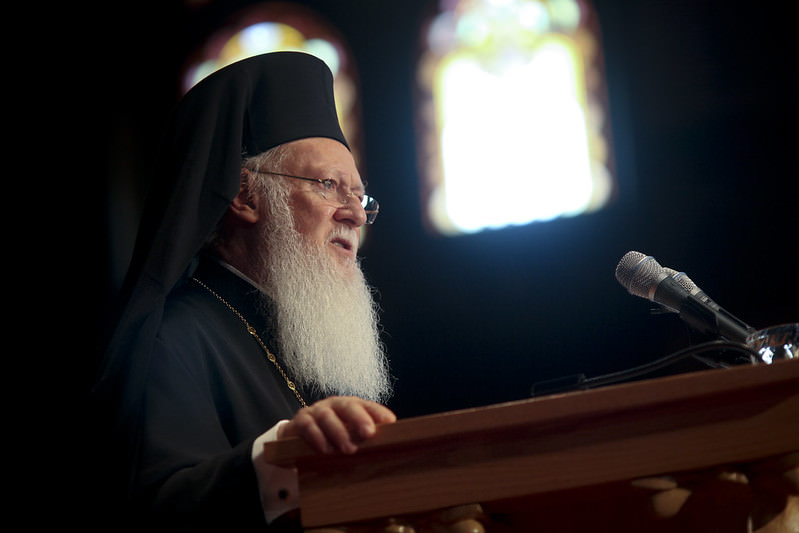
ENVIRONMENT
- Stephen Minas
- 18 February 2021
2 Comments
The COVID-19 pandemic has provoked difficult questions about the links between the simultaneous health and ecological crises. These questions were examined in late January at the virtual Halki Summit, the latest in a long series of environment-focused events convened by the Istanbul-based Ecumenical Patriarchate.
READ MORE 
-
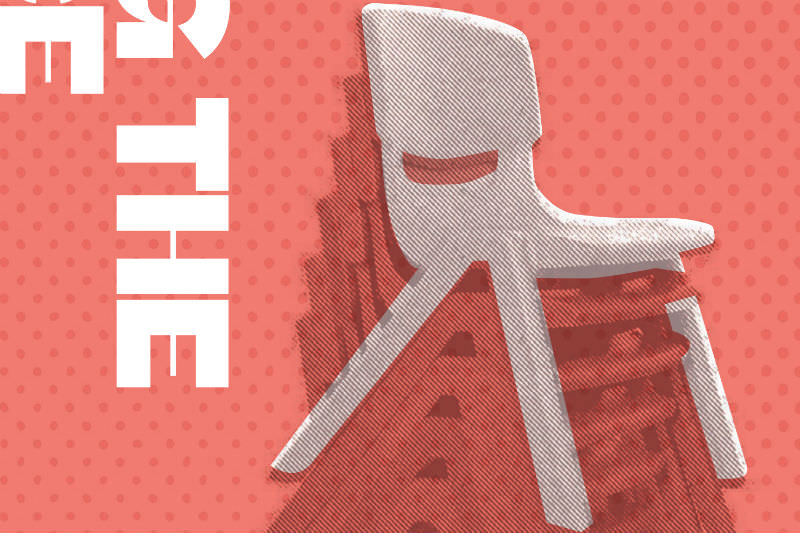
ARTS AND CULTURE
- Sukhmani Khorana
- 26 August 2019
A recent report on the lack of culturally and linguistically diverse (CALD) representation in arts leadership recognises the limitations of the label. In an era marked by media bubbles, it is more vital than ever that we use categories such as CALD to build bridges, while not losing sight of our differences and varying levels of disadvantage.
READ MORE 
-
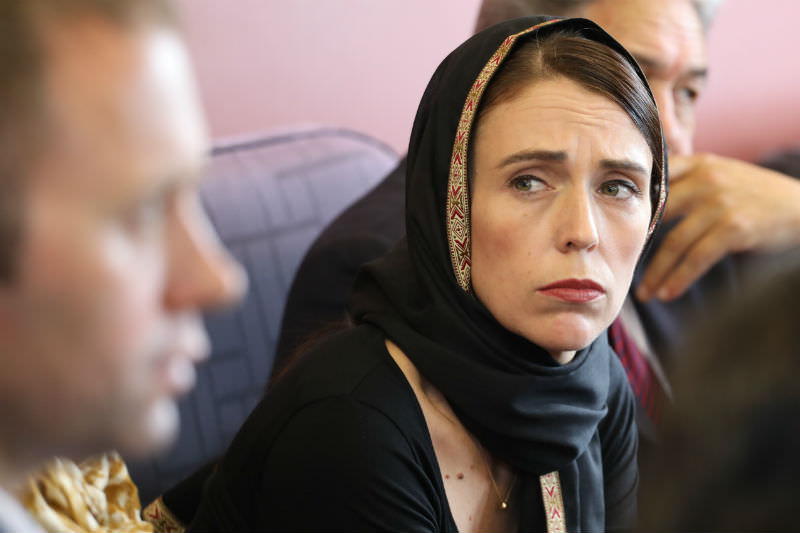
INTERNATIONAL
- Genevieve Lloyd
- 04 June 2019
8 Comments
When Jacinda Ardern uttered the words 'They are Us' in the aftermath of the terrorist attacks in Christchurch, a powerful vision hovered over the impending debates on the meaning of what had happened. Something hitherto invisible came into view and was repudiated: a conceptual structure underlying the operations of social power.
READ MORE 
-
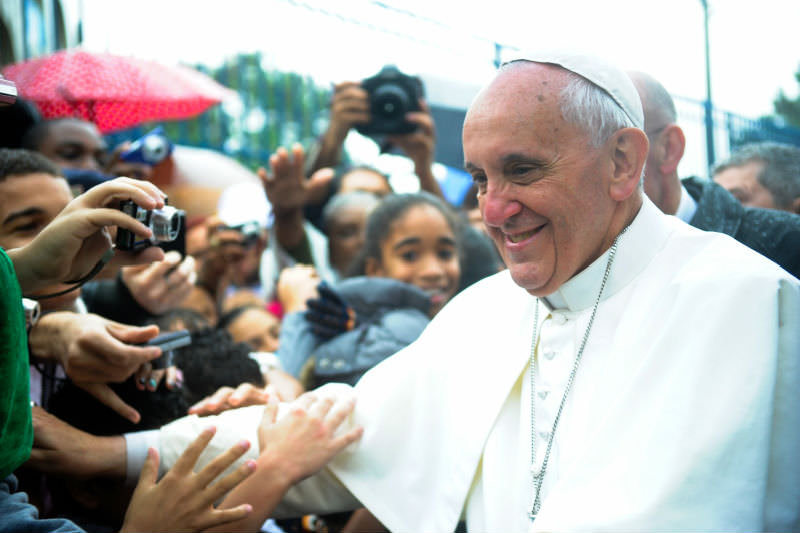
RELIGION
- Frank Brennan
- 14 November 2018
78 Comments
What we need is a listening and inclusive Church — a plenary council at which the clergy and the laity have a proper place at the table, at which the voices of the ‘rusted-on’ and the ‘cheesed-off’ Catholics are heard and at which the bishops are respectfully listening as much as speaking.
READ MORE 
-

AUSTRALIA
- Frank Brennan
- 23 October 2015
4 Comments
Francis knows there are all sorts of issues inside and outside the Church where for too long people with power have tried to keep the lid on, in the hope that the problems and complexities will go away, often by parodying those who see the problems or complexities as small 'l' liberals or cafeteria Catholics. He delights in being joyful and troubled while contemplating big problems, calling people of good will to the table of deliberation reminding them of the kernel of the Christian gospels. He has the faith and hope needed to lift the lid without fear and without knowing the answers prior to the dialogue occurring.
READ MORE